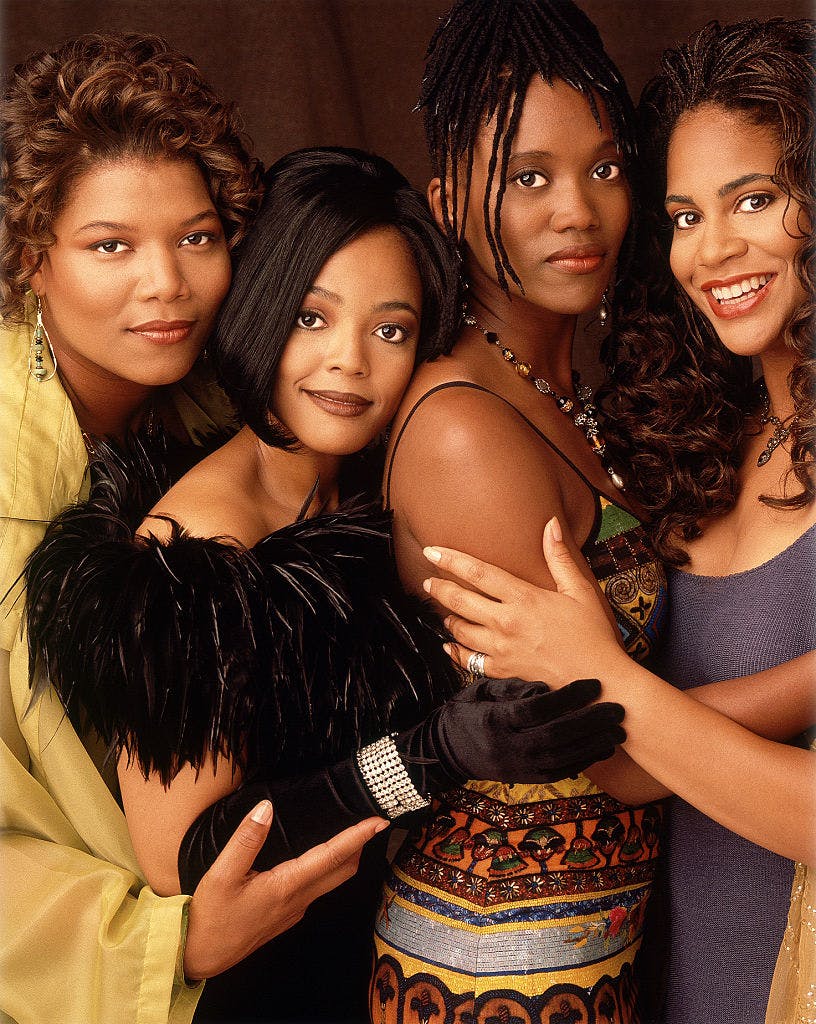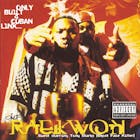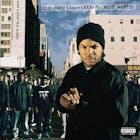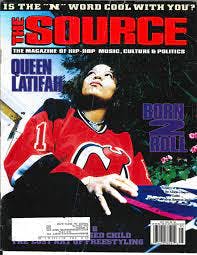Classic Albums: 'Black Reign' by Queen Latifah
Classic Albums: 'Black Reign' by Queen Latifah
Published Fri, March 18, 2022 at 2:00 PM EDT
She'd emerged at the end of the 1980s and became one of Hip-Hop's most visible women. Her first two albums cemented her status at a time when women were on the rise in rap; and appearances in films like "Jungle Fever," "House Party 2" and "Juice" had set her on the path to Hollywood stardom. But in 1992, Queen Latifah's world was rocked forever...

After my brother passed away, that ruined my world. It rocked me to my core. I’ve never been the same since.”
- Queen Latifah (2019)
"Just Another Day" is one of the best singles of Queen Latifah's career; an underappreciated gem that sounds like walking through your neighborhood on a Saturday morning.
"Black Reign" may have a more muted approach to R&B than Latifah's sophomore album had, but her affinity for genre-bending (and genre-blending) is still present.
And then, there was the matter of Roxanne Shante...

First up, there's Latifah/ You roll up, and I'ma smoke that ass like reefer/ Cause you ain't never in life been a star to me/ Sold the fuck out, tryna go R&B/ Now that shit is shady/ You say ladies first, well I'm the FIRST lady/ And all y'all hoes are phoney/ Try to get flipped? I'ma rip you and your girl Monie..."
- Roxanne Shante, "Big Mama"
“I had a problem,” Latifah explained in 2019. “I would drink every day. I would smoke every day, and I needed to stop getting wasted.”









